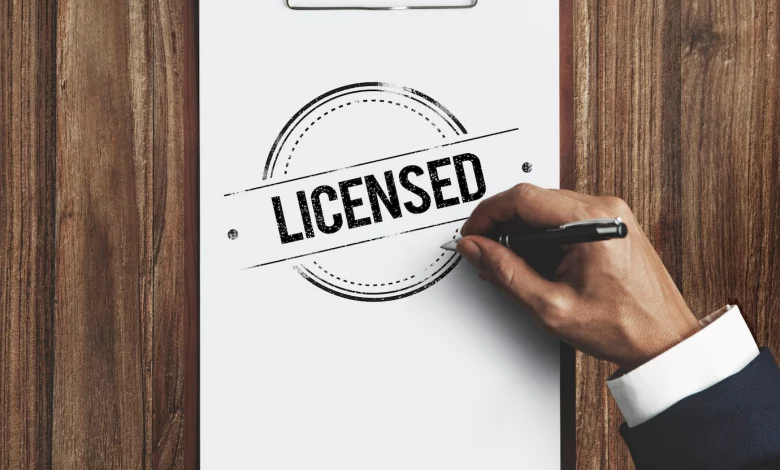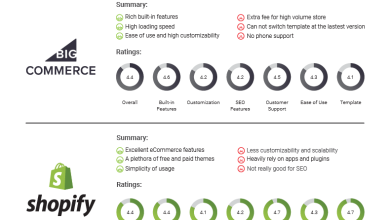How to Obtain a Collection Agency License

Are you looking to enter the world of debt collection? Do you want to learn how to obtain an agency license? You’ve come to the right place.
With so many individuals and companies struggling to repay their debts, the need for collection agencies has never been greater. However, you’ll need to get the appropriate licensing and education to succeed. And you’ll also need to keep up with current laws; for instance, The Kaplan Group has a map documenting each state’s B2B laws to help you keep up with any changes.
See below for a helpful guide that outlines what you need to do to get your collection agency license.
How to Obtain a Collection Agency License: Introduction
To obtain a collection agency license, you must first contact the state regulator where you plan to do business. Each state has different requirements, but all will require that you submit an application and pay a fee.
You will also need to provide proof of bond and insurance and show that you have the necessary experience and training to operate a collection agency. Once licensed, you will need to follow all state and federal laws governing the debt collection.
The Requirements
To obtain an agency license, you must first meet the requirements set forth by the state where you intend to operate. These requirements vary by state but generally include being at least 18 years of age, having a surety bond, and completing a collection agency application.
Once you have met the requirements, you can submit your application to the state regulatory agency responsible for issuing agency licenses. This agency will review your application and determine whether you are eligible for a permit.
If you are interested in this kind of service, you need to learn about the licensing process. Look for an institution that provides licensing services.
The Application Process
The application process for a collection agency license generally includes a review of your business plan, financial statements, and experience in the industry. You will also need to pass a background check and have your fingerprints taken.
Once you have met all the requirements and paid the license fee, you will be able to start operating your collection agency.
The Benefits
It allows an individual or business to collect debts owed to them. It can be extremely beneficial to companies, enabling them to receive payment for the products or services.
In addition, an agency license can help protect the business from legal action taken by the debtor. Finally, an agency license can give the company a sense of legitimacy and authority when dealing with debtors.
The Drawbacks
Before obtaining a license, one must be aware of the potential drawbacks of using an agency. Collection agencies are regulated by state and federal law. It means that they must follow specific rules and regulations to operate legally.
Collection agencies typically charge a fee for their services. This fee is normally a percentage of the total amount owed and can be expensive.
Don’t Forget to Do Research
If you want a collection agency license, the best place to start is by contacting your state’s regulatory agency. Each state has different requirements, but most will require you to submit an application and pay a fee. Once you have been licensed, you can begin collecting debts on behalf of your clients.
If you found this content helpful, please keep browsing our blog.





